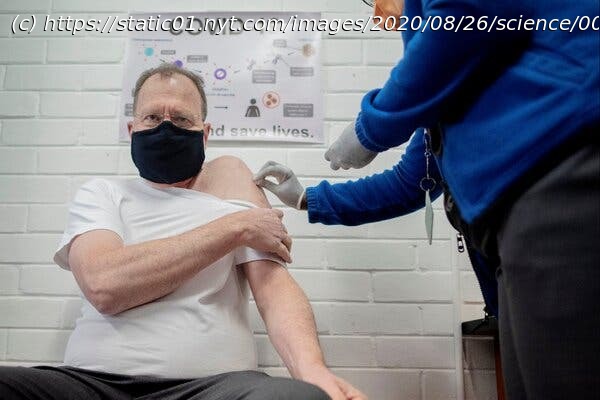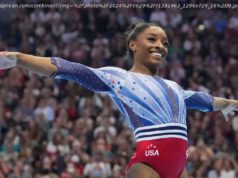Dozens of research groups around the world are playing the long game, convinced that their experimental vaccines will be cheaper and more powerful than the ones leading the race today.
Seven months into the coronavirus pandemic, with more than 30 vaccines rapidly advancing through the rigorous stages of clinical trials, a surprising number of research groups are placing bets on some that have not yet been given to a single person. The New York Times has confirmed that at least 88 candidates are under active preclinical investigation in laboratories across the world, with 67 of them slated to begin clinical trials before the end of 2021. Those trials may begin after millions of people have already received the first wave of vaccines. It will take months to see if any of them are safe and effective. Nevertheless, the scientists developing them say their designs may be able to prompt more powerful immune responses, or be much cheaper to produce, or both — making them the slow and steady winners of the race against the coronavirus. “The first vaccines may not be the most effective,” said Ted Ross, the director of the Center for Vaccines and Immunology at the University of Georgia, who is working on an experimental vaccine he hopes to put into clinical trials in 2021. Many of the vaccines at the front of the pack today try to teach the body the same basic lesson. They deliver a protein that covers the surface of the coronavirus, called spike, which appears to prompt the immune system to make antibodies to fight it off. But some researchers worry that we may be pinning too many hopes on a strategy that has not been proved to work. “It would be a shame to put all our eggs in the same basket,” said David Veesler, a virologist at the University of Washington. In March, Dr. Veesler and his colleagues designed a vaccine that consists of millions of nanoparticles, each one studded with 60 copies of the tip of the spike protein, rather than the entire thing. The researchers thought these bundles of tips might pack a stronger immunological punch. When the researchers injected these nanoparticles into mice, the animals responded with a flood of antibodies to the coronavirus — much more than produced by a vaccine containing the entire spike. When the scientists exposed vaccinated mice and monkeys to the coronavirus, they found that it completely protected them from infection. The researchers shared their initial results this month in a paper that has yet to be published in a scientific journal. Icosavax, a start-up company co-founded by Dr. Veesler’s collaborator, Neil King, is preparing to begin clinical trials of the nanoparticle vaccine by the end of this year. U. S. Army researchers at the Walter Reed Army Institute have created another spike-tip nanoparticle vaccine, and are recruiting volunteers for a clinical trial that they also plan to start by the end of 2020. A number of other companies and universities are creating spike-tip-based vaccines as well, using recipes of their own. Antibodies are only one weapon in the immune arsenal. Blood cells known as T cells can fight infections by attacking other cells that have been infiltrated by the virus. “We still don’t know which kind of immune response will be important for protection,” said Luciana Leite, a vaccine researcher at Instituto Butantan in São Paulo, Brazil. It’s possible that vaccines that arouse only antibody responses will fail in the long run.






